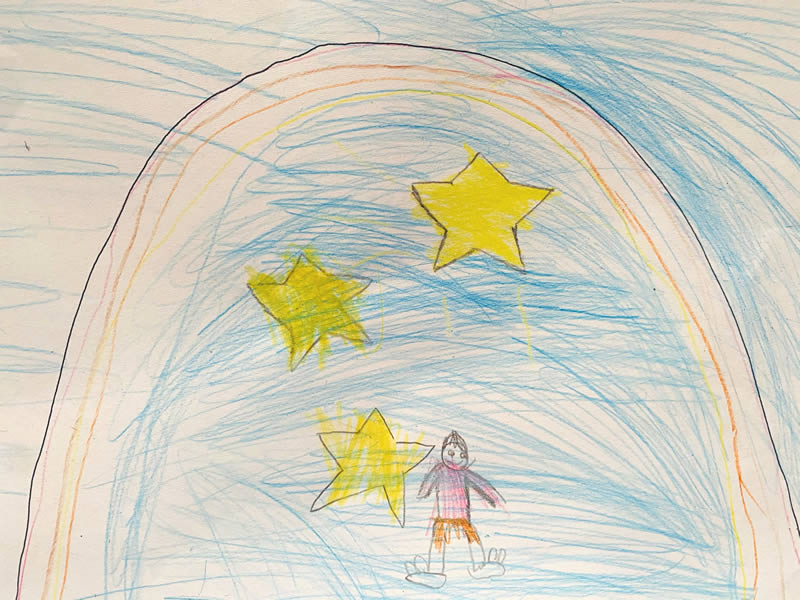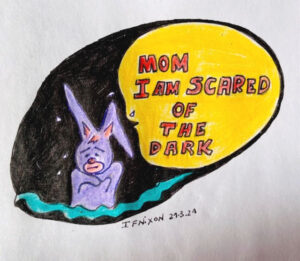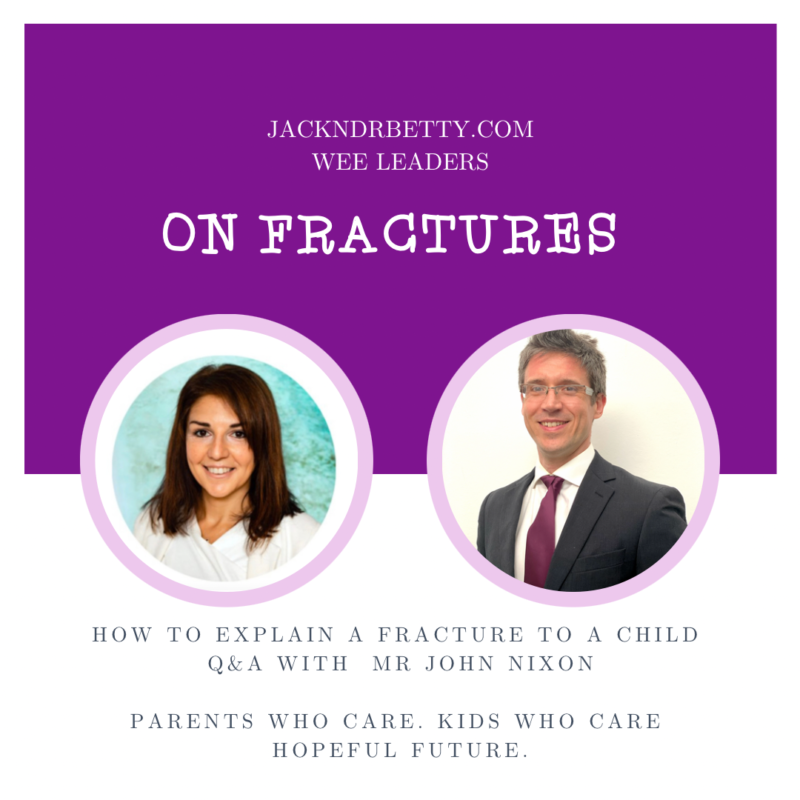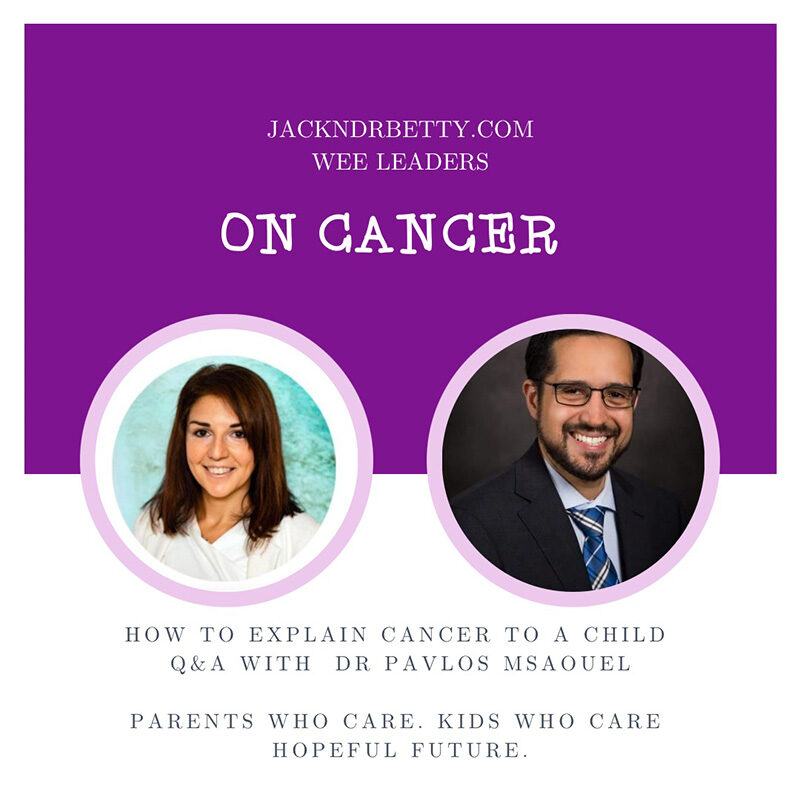
Today Jack Wee Rabbit is sad. His friend Lisa the cat is very sad and wouldn’t want to talk to him. Mommy Rabbit told him that Lisa is sad as her dad is “no longer with us” and is now a star up in the sky.
Today, Jack and Dr Betty talk about loss. How can we support our children through grief? How can we discuss circle of life with them? What can we do to support them through grief and mourning, while we are mourning too? We asked our friend Irini Klishiarchi to discuss this sensitive and so very important topic.
”Discussing the circle of life with our kids is very important. Often a story or a movie can help us explain this to our children. Lion King is one of the best. Mufasa will always live in the memory and life of Simba. So will our departed beloved ones”.
Dr Ioanna Nixon, oncologist, author and executive and resilience coach
Mourning is defined as the feeling of sadness and grief that one feels after a great or significant loss. According to Buckley, McKinley, Tofler, Bartrop (2010), the death of one or more loved ones is one of the most stressful situations a person will experience during their lifetime.
The stages of mourning are: denial , anger, negotiation, depression, and acceptance.
Children who experience the loss of a parent, sibling or grandparent go through this process and have the same needs and problems as adults do when dealing with loss. Frequently it is mistakenly believed that children overcome death, the process of mourning and all related problems much faster either because they do not “understand” or because they forget. Parents often choose not to talk about the departed, which is not allowing the time and space for the children to ask questions, to express their feelings and accept the “loss”. Reality is that children do understand and need the time and space to discuss and express themselves.
The duration and the way of expressing mourning is different in each child and depends on the parental approach, the social or cultural background and also the age of the child.
Understanding loss and death is an evolutionary process; a 5 year old child externalizes death differently compared to a 15 year old teenager.
- Children up to the age of 3 do not understand the meaning of death, but they understand the “absence”. They cannot express themselves, thus react with problems sleeping and eating.
- Children from 3 to 6 years old, perceive death as separation. During mourning, regression behaviors (urination, finger sucking) may occur.
- Children from the age of 10 understand permanence, so phobias, mood disorders and aggressive behavior can occur.
- Adolescents fully understand the situation and their approach varies: they may support the family, isolate, or even want to manage their emotions on their own. Sometimes they react cynically and show anxiety, seemingly unwarranted anger, poor school performance, provocative behavior or intense sadness.

WHAT SHOULD WE BE DOING TO SUPPORT THE CHILD?
We should:
- Prepare the child for a possible loss. Talk to them about the circle of life.
- Maintain composure, which will probably determine the context in which children will experience mourning safely.
- Spend time with the child (walks, food) and encourage them to express himself.
- Understand and accept it is normal for children depending on age to have trouble sleeping, nocturnal enuresis, eating disorders, nightmares.
- Encourage expression of emotions.
- Highlight that life continues and offer stability and reassurance.
We should also try to:
- Explain in simple words to our child what death means.
- Talk to them about the cycle of life.
- Ask the child if they want to be at a ceremony (funeral, burial, memorial) and also explain the meaning of these ceremonies.
- Give them time.
- Preserve the memory of a loved one, eg photos, stories, or to create “a box of memories“.
- Not exclude joy and laughter from our life. Continue to have joy in life and celebrate holidays and birthdays.
If time passes and the symptoms do not subside, or if we feel that we do not know what to do we should seek professional help.
MANY TIMES A TIGHT HUG IS WHAT OUR CHILD NEEDS.
Irine Klisvchiarchi, Parenting and Family Coach
Dr Ioanna Nixon, oncologist, author and executive and resilience coach
@Ioanna_Nixon
jackndrbetty.com
linkedin.com/in/ioanna-fragkandrea-nixon-b3449516






No comment yet, add your voice below!